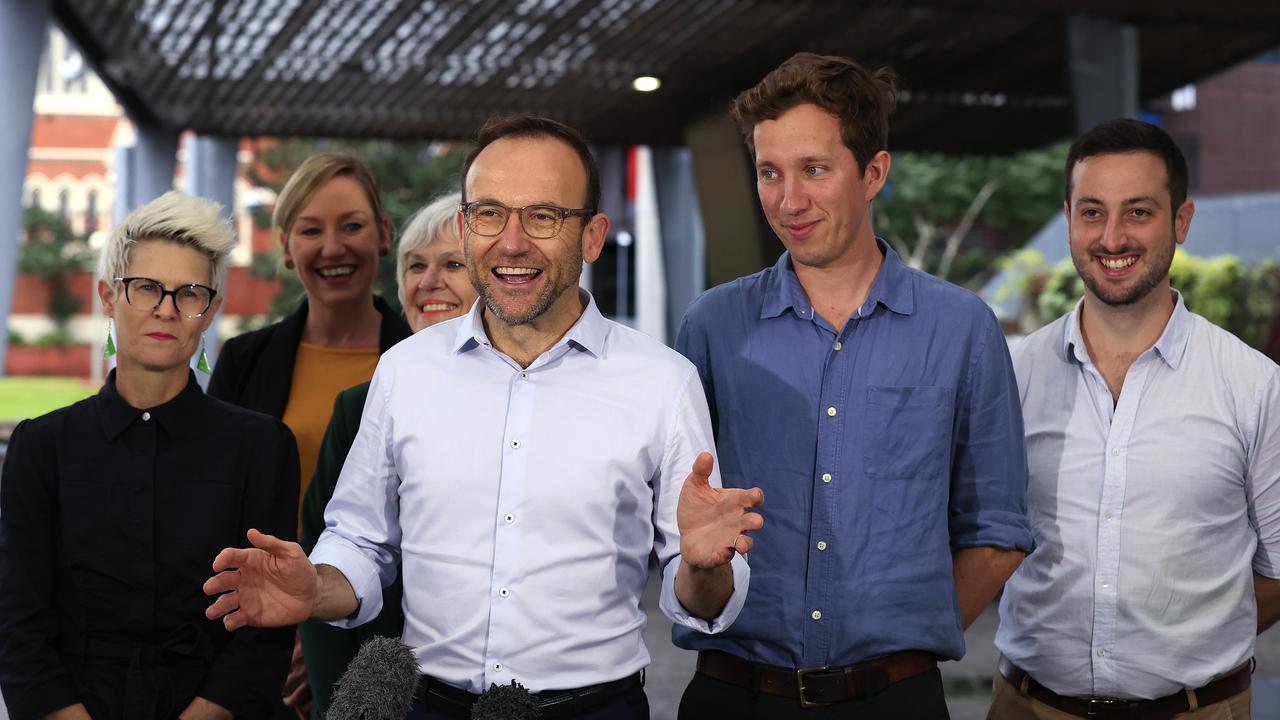Lawyer X Nicola Gobbo was ‘put on ice’ by police handlers
Handlers tried to put Nicola Gobbo into “baby sitting” mode to stop gangland figures discovering she was a snitch.

Nicola Gobbo’s police handlers put her into “baby sitting” mode and told her to stop her providing further information about Melbourne’s criminal underworld within seven months of her being registered as an informant.
The Lawyer X Royal Commission was told that after a speed cook and client of Ms Gobbo linked to a large drug manufacturing operation was arrested, Ms Gobbo was herself put on ice to prevent gangland figures from discovering her secret role as a police snitch.
“She was put into a baby sitting mode,’’ one of her police handlers told the Commission. “She was told directly that we didn’t want any intelligence, she wasn’t to get any intelligence.’’
The police handler, who is providing testimony under the pseudonym Sandy White, told the hearing that despite multiple, clear instructions to Ms Gobbo to cease acting as an informant, she refused to stop.
“She was the sort of person who despite that, she would come into meetings and release all sorts of intelligence,” Mr White said.
He told the hearing at one point, he considered having Ms Gobbo arrested to prevent her from acting for the drug cook she had just helped police to arrest.
Police information reports obtained by the Royal Commission show that Ms Gobbo continued to be a prolific source of information to Victoria Police for the next three years about gangland murders, Tony Mokbel’s drug cartel and two notorious murders suspected of involving corrupt police
Mr White’s testimony portrays Ms Gobbo, a prominent defence barrister, as a loosely controlled informant who defied the instructions of her police handlers.
Mr White a members of the specialist, Source Development Unit established to manage high risk informant, said he repeatedly directed Ms Gobbo not to provide any information that was subject to legal professional privilege.
Although she provided information which enabled police to arrest the drug cook, Mr White said this related to the future commissioning of a serious crime and not covered by legal professional privilege.
He told the hearing that Ms Gobbo’s relationship with the speed cook, who cannot be named for legal reasons, went beyond a normal, lawyer-client relationship.
“Her contact with him was social — very, very social,’’ he said. “I considered that intelligence was intelligence we were entitled to get and act on.”
One of the first cases that Ms Gobbo provided information about after the arrest of the drug cook was the importation of four tonnes of ecstasy tablets stashed in tomato tins.
Rob Karam a member of the importation syndicate currently in jail on serious drug charges, is appealing his conviction following revelations about Ms Gobbo’s activities as an informant.
Mr White’s testimony that he tried to stop Ms Gobbo informing within months of her registration by the SDU in September 2005 was challenged by counsel assisting the Royal Commission Chris Winneke QC.
“Your records showed that you continued to receive information from her in buckets,’’ Mr Winneke said.
“It was just business as usual. Nothing changed.’’
Mr White denied this was the case.
The hearing continues.


